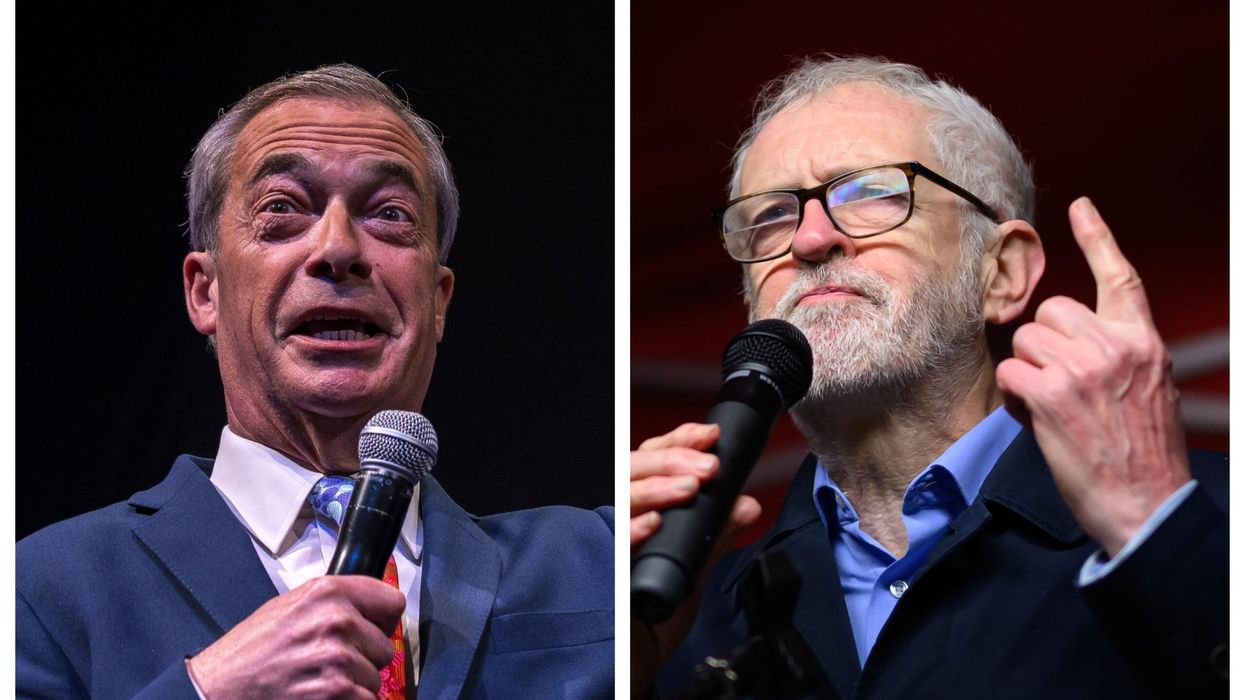Reform UK founder and leading Brexit campaigner, Nigel Farage, announced on Thursday that he will not stand in the upcoming UK general election after months of speculation about his potential run.
"I will do my bit to help in the campaign, but it is not the right time for me to go any further than that," the 60-year-old said in a statement.
Prime minister Rishi Sunak called the long-awaited election for 4 July, initiating six weeks of campaigning.
Farage had hinted he might seek election as an MP for Reform UK, the rebranded Brexit Party, for which he currently serves as honorary president. Reform UK is currently polling at around 11 per cent, which could split the right-wing vote and potentially deprive the Conservatives of key seats, reported AFP.
"The choice between Labour and the Conservatives is uninspiring, and only Reform has the radical agenda that is needed to end decline in this country," said Farage.
Farage noted that while the UK general election is "important," the US presidential election in November has "huge global significance," reported AFP. "I intend to help with the grassroots campaign in the USA in any way that I can," added Farage, an admirer of Donald Trump, the presumptive Republican nominee to take on President Joe Biden.
Trump nicknamed Farage "Mr Brexit" after he helped persuade a majority of Britons in 2016 to vote to leave the European Union. Despite multiple attempts, Farage has failed to be elected in seven previous attempts at Westminster.
Farage is likely to influence the UK vote as a high-profile presenter for the right-wing channel GB News.
Corbyn to run against Labour
Former Labour leader Jeremy Corbyn is expected to stand as an independent candidate in Islington North in the 4 July general election, reported BBC.
Corbyn, who has represented the London constituency since 1983, was blocked from standing for Labour by the party's governing body. He was suspended as a Labour MP in 2020 for his response to a report on anti-Semitism in the party. At the time, Corbyn called the move "political."
Labour is currently selecting its own candidate to run in what has traditionally been a safe seat for the party.
Corbyn spent most of his parliamentary career on the backbenches but became Labour leader in 2015 with the backing of party members. He stepped down as leader after Labour's heavy defeat to the Conservatives in the 2019 general election but remains a popular figure on the Left.





